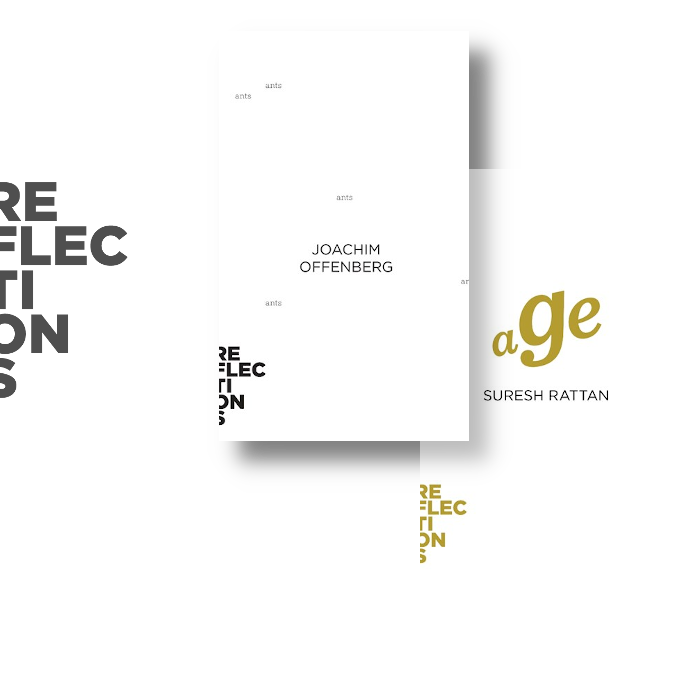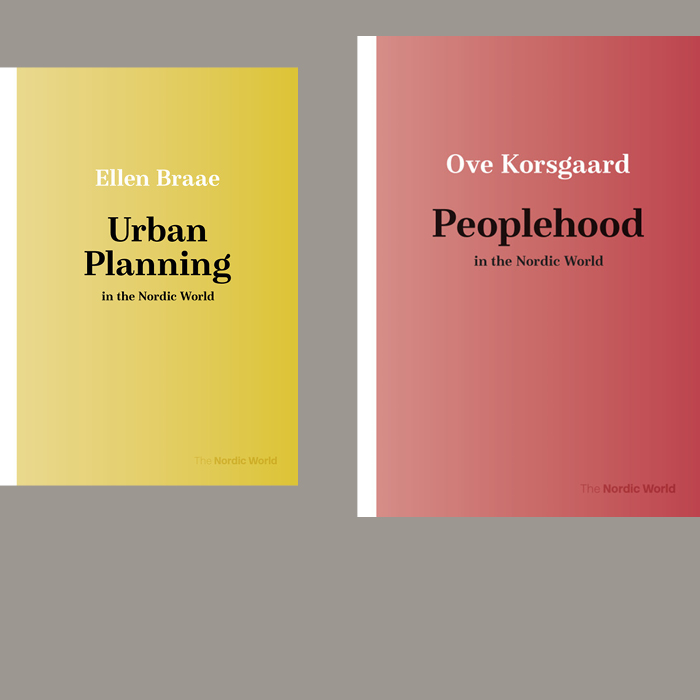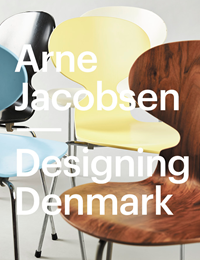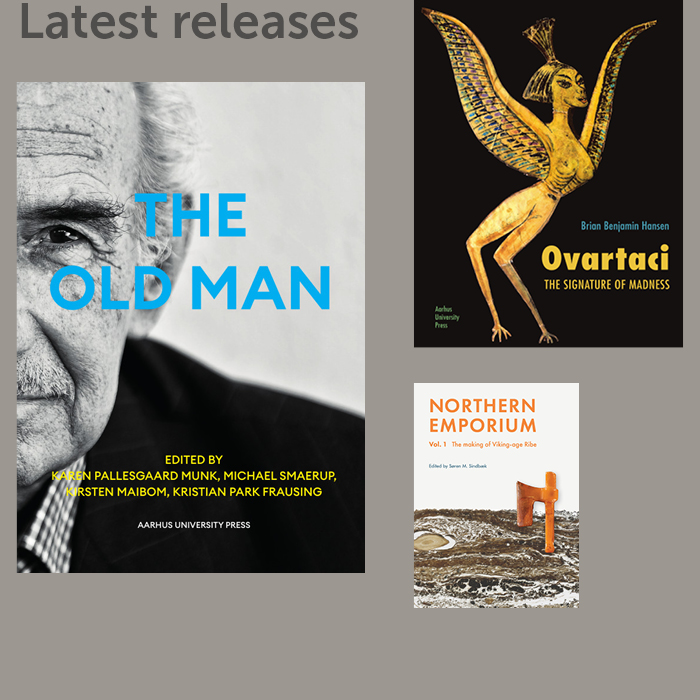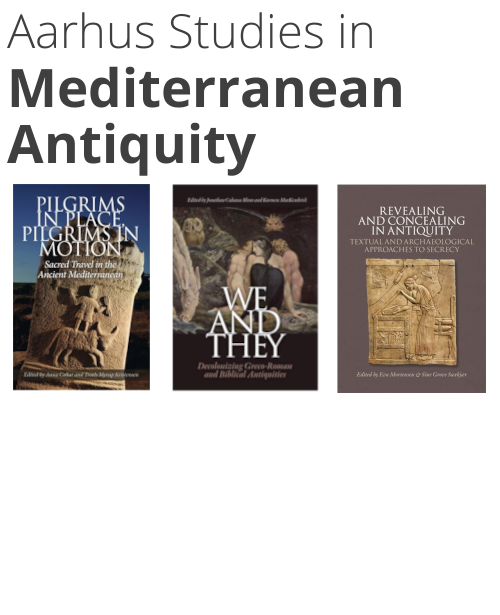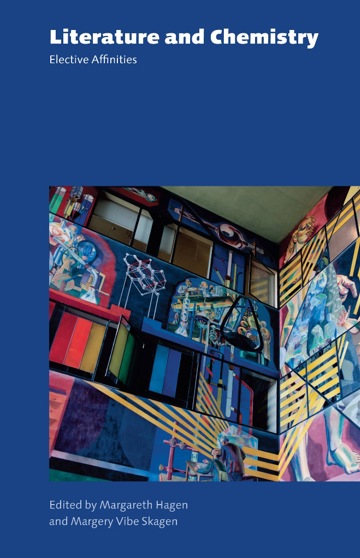
Literature and Chemistry
Elective Affinities
A part of the subject areas Literature and Natural science
Out of stock
Edited by
Margareth Hagen and
Margery Vibe Skagen
With contributions by
Brita Lotsberg Bryn,
Folkert Degenring,
Robert S.C. Gordon,
,
Margareth Hagen,
Lillian Jorunn Helle,
Henrik Johnsson,
Bernard Joly,
Pierre Laszlo,
Muireann Maguire,
Frode Helmich Pedersen,
Matteo Pellegrini,
George Rousseau,
Sharon Ruston,
Margery Vibe Skagen and
Eivind Tjønneland
More about the book
About the book
Literature and Chemistry: Elective Affinities investigates literary and chemical encounters, from medieval alchemy to contemporary science fiction, in works of, among others, Dante, Goethe, Baudelaire, Strindberg, Pasternak, and Primo Levi as well as literary writing by scientists such as Humphry Davy, Ludwig Boltzmann and Oliver Sachs.
Sixteen scholars break new ground in demonstrating chemistry's particular status as one of the sciences in which humanities should interest itself, the overlaps and reciprocities of the two fields, and - perhaps most importantly - chemistry's role in the production of narrative, metaphor, and literary form.
The anthology makes the silent presence of chemistry everywhere more
perceptible, uncovering its historical and present appeal to material sensitivity, imagination, and creativity, as well as its call for philosophical and ethical concern, and for wonder.
For purchases outside of Denmark:
If you are located in the USA or Canada, please contact our US distributor, Longleaf Services, at orders@longleafservices.org or +1 919-503-6590.
For purchases in all other countries, you can find the title through our global distributor, The Mare Nostrum Group, here: https://mngbookshop.co.uk
Table of contents
Press reviews
Hannah Brunning, The British Society for Literature and Science
"This collection of essays offers much insight into the
realm of literature and chemistry. It is an under-appreciated area, and this
book should remain an important introduction and resource for academics in
working in different periods."
Martin Willis, Modern Language Review
"... it is refreshing to see a literature and science collection that ably interweaves the work of these different fields of enquiry."
"As the editors note in their introduction, the volume makes chemistry's relation to literature 'more perceptible, uncovering its historical and present appeal to material sensitivity, imagination, creativity, as well as its call for philosophical and ethical concern, and for wonder' (p. 35). That it makes every effort to say something about all of these things is testament to the volume's success."
